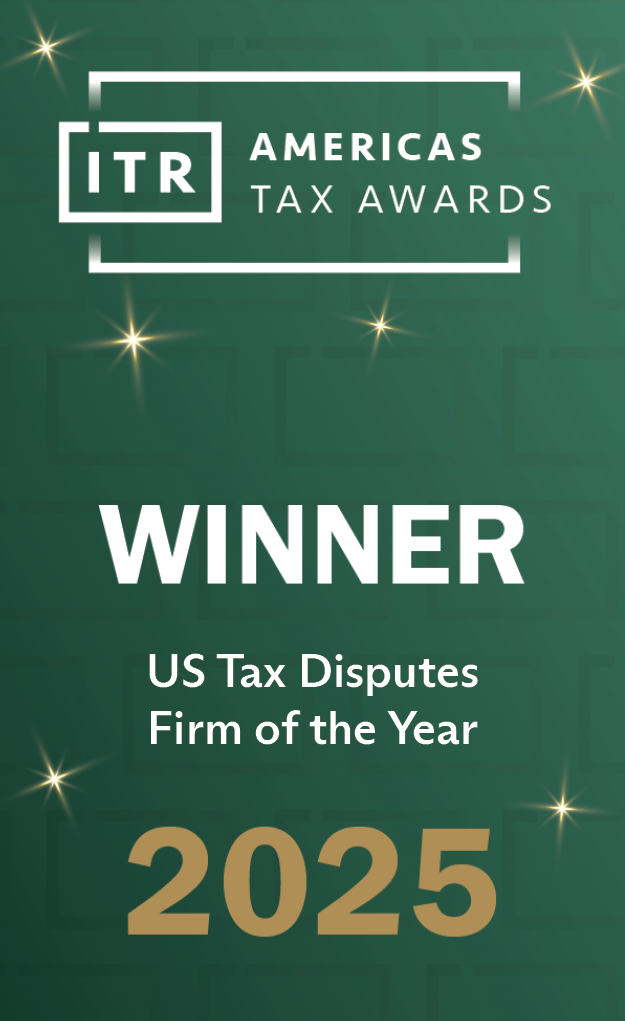A domestic corporation’s royalty income derived in connection with business conducted outside the United States generally is eligible for the reduced 13.125 percent effective tax rate on foreign derived intangible income (FDII). To qualify, the licensee must be a foreign person, and the intangible property must be used outside the US for the ultimate benefit of an unrelated foreign person.
For example, the lower rate generally should be available for royalties from licensing intangible property to an unrelated foreign person for use: (1) in the production and sale of products to foreign customers; (2) to provide services to foreign customers; or (3) to sublicense the intangible property to foreign persons.
Royalties from licensing intangible property to an unrelated US corporation that is for use outside the US may not qualify for FDII benefits. Such royalties should qualify, however, if instead the license is with a foreign subsidiary of the US corporation, or if a foreign subsidiary otherwise economically is considered the licensee.
The 13.125 percent tax rate is also available for certain royalties derived from licensing intangible property to related foreign persons. For example, royalties generally should qualify if the related foreign person uses the intangibles outside the United States to (1) produce and sell products to unrelated foreign customers; (2) provide services to unrelated foreign customers, or (3) sublicense the intangibles to unrelated foreign persons.
If one member of a US consolidated group first licenses the intangible property to another member of the group, which then sublicenses the intangible property to a foreign person, the group’s royalty income may nevertheless qualify for the 13.125 percent rate as a result of the consolidated return regulations. In the absence of guidance confirming this point, steps may be taken to combine the two domestic entities to avoid any issue (e.g., as disregarded LLCs under a single domestic corporation).
A company will need to develop reasonable methods for documenting the foreign use of the licensed intangibles. Additional analysis and support may be necessary where products or services ultimately have some connection to US customers.
Royalties that qualify as FDII generally should be foreign source income. US tax on foreign source royalties can be reduced by foreign tax credits for any withholding taxes paid on the royalties, and also potentially reduced by foreign taxes paid on other income (although the basketing of FDII royalties is not entirely clear and will need to be addressed in guidance).
A domestic corporation should carefully analyze the royalties it derives from licensing intangible property for use outside the United States and ensure that the FDII requirements are satisfied, and develop documentation supporting the applicability of the 13.125 percent tax rate.







